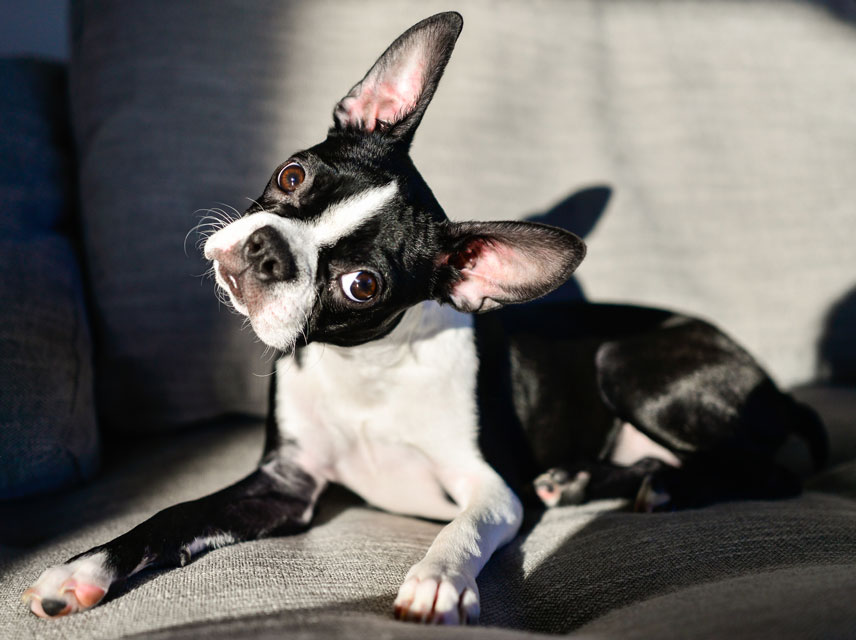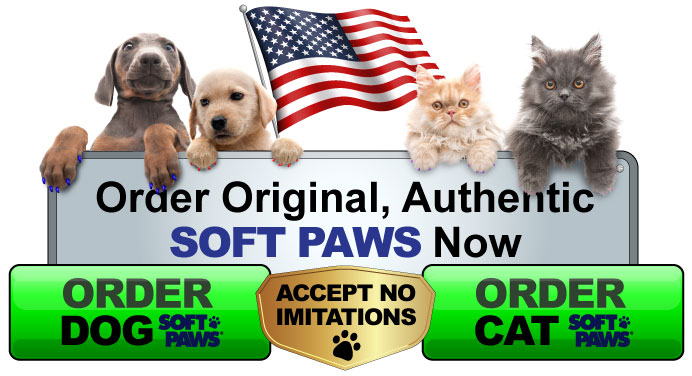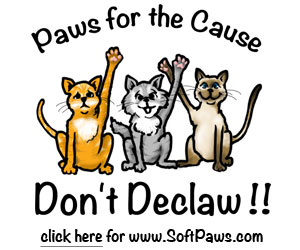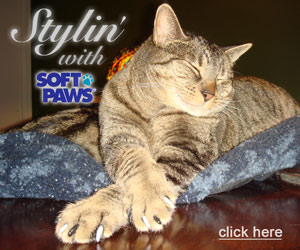- Home
- The Meanings of 6 Strange Dog Behaviors

The Meanings of 6 Strange Dog Behaviors

For the most part, dogs and humans have developed excellent communication over the thousands of years they've lived together. It could be argued that dogs understand us better than we do them, but generally, people know what many canine body language indicators mean.
Still, there are some things dogs do that make many people scratch their heads. We'll explain some of them here.
Tail-Chasing
Tail-chasing is a canine behavior that can be fun to watch. Sometimes, it seems like the pup isn't aware their tail is part of their body, and they go after it, wondering why it's following them.
Dogs chase their tails out of fun, for sure. That is especially the case in puppies that engage in the behavior. It often occurs during bursts of energy when the dog can't figure out what else to do with himself.
However, tail-chasing can indicate a problem. Dogs engage in it when their back end is itchy or painful. Most often, that's the case when there's a skin condition like flea allergies going on or an anal gland problem, like overly full or infected anal glands or an anal gland abscess.
If your dog has never chased his tail before and begins doing so suddenly or if he appears distressed and upset instead of happy when he does it, have him checked out by a vet. Also, if your dog stops and chews incessantly at or under the tail once he catches it, that indicates a medical problem. During pure play, the dog simply releases the tail and starts chasing again after catching it.
People-Licking
Some dogs seem to be overly licky and like to lick at people the most. Why would a dog do that? Is it because they like how we taste? Maybe they enjoy the residual lotion or soap on a person's skin?
The reasons for this one could be different depending on the dog. Some dogs might lick people because they've learned it leads to attention. Others might do so because their mothers licked them, and they learned that it's proper behavior for showing someone you love them. Still others might find comfort in licking people—it may help them feel grounded and even be a form of OCD behavior.
To understand why your dog might lick humans over-zealously, you will need to consider the dog's history (is the behavior new or has he always done it) and other behaviors (does he show other signs of nervousness or OCD behavior).
If you dislike the behavior, you will need to train your dog to do something else instead. That can take time, but basically, you will need to avoid giving him attention, either positive or negative, when he licks you. Instead, give him treats and praise when he sits beside you calmly.
Head-Tilting
This is another adorable thing that some dogs do, and people wonder why. Often, a dog will tilt the head when their human says a word they recognize and like, such as "walk," or "food."
Dogs can use their heads to change the position of their ear canals and pinpoint where sounds are coming from, and they might do so to verify they're hearing you right when you say a word they recognize.
Some dogs might tilt their heads because their humans have taught them to. That can happen when they do it accidentally a few times and get positive reactions—laughter, petting, and verbal praise. Positive reinforcement might keep them repeating the behavior that gets them those nice things.
Some head tilts mean a medical problem. If your dog is walking with a tilted head, not just tilting it for a moment in concentration, or if the head tilt is associated with wobbly walking or vomiting, get to a vet right away.
Poop-Eating
It's called coprophagia, and it is one of the grosser things some dogs do, and owners rightly wonder why on earth they engage in it. After all, it seems disgusting to us.
It's hard to tell why some dogs do this. In rare cases, it happens when an essential nutrient is missing from the diet. It's more common in puppies, and it might be because mother dogs lick away their puppies' waste. Who knows, it might be that it smells or tastes good to them for some reason.
Stress and boredom are both known triggers for coprophagia in dogs.
Most of the time, dogs outgrow poop-eating behavior, and you can help that along by keeping stool picked up as soon as they go. You can also use a product like Forbid to discourage poop-eating. Check with your vet to see what they recommend for your specific circumstance.
Many dogs like to eat cat food, and that could be because a cat's diet is richer in fat and protein. Keep your cat's litter box gated off or up high where the kitty can get to it but the dog can't.
Grass-Eating
Many dogs engage in grass-eating, and they often vomit up the grass shortly after that. That's led many folks to believe that dogs eat grass when they're feeling sick to self-induce vomiting and feel better. While nausea may cause grass-eating sometimes, it's not likely because the dog understands they will then vomit and get some relief.
Dogs might eat grass because it looks and tastes interesting. In the wild, dogs get some grass in their diet through eating the contents of their prey's stomachs. Wolves derive some benefit from eating grass—it can help clear large parasites out of their GI tracts. Dogs might eat grass out of evolutionary habit.
Dogs eat more grass when they're hungry.
Be sure you don't use fertilizer or insecticides on grass that your dog has access to and think about those chemicals while you're out and about with your dog. Don't let him eat grass if it might be treated.
Howling
Some dogs howl when they hear certain noises like a fire engine's siren, a high-pitched noise on the television, or a scratchy instrument sound. Some people think those sounds hurt the dog's ears and that's why they howl in response, but scientists believe it's just a matter of ingrained behavior. Wild dogs howl to communicate with faraway pack members and hearing those sounds probably just trigger an automatic howl response in domesticated dogs.

 Loading... Please wait...
Loading... Please wait...







